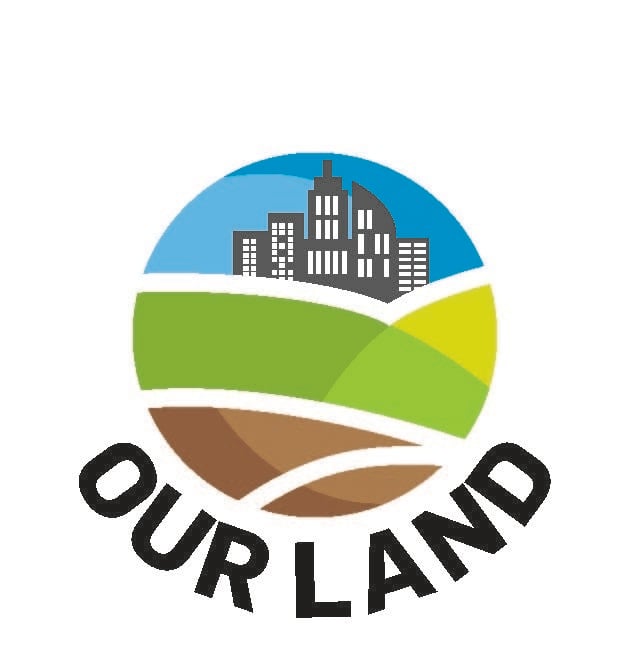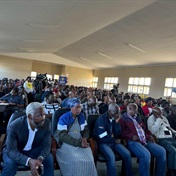
There is a backlog of more than 2 million houses in South Africa, and a huge demand for low-cost places to live in the inner city of Johannesburg.
In high-rise flats or offices, many of which were built in the 1950s, spaces are being split up into smaller units that are rented out.
Apartments are divided into individual rooms, rooms are split into bed spaces and passages and balconies are rented out as sleeping spaces.
This is often done without the approval of city authorities. Cardboard, curtains or other flimsy materials are used to create sub-divisions.
Sometimes larger rooms are shared without being split into smaller spaces. Conditions vary enormously, from relatively clean and ventilated to extremely poor.
Sometimes there is access to water, adequate sanitation and electricity, and sometimes there are no services.
Although each place is different, the public and the city authorities tend to think of these places as being the same, calling them “bad buildings” or “em’nyamandawo” (dark buildings).
Some buildings are controlled by slumlords, where tenants pay rent but receive very poor services in return. Others are split into sections, run by a resident headman or woman called a mastande.
The mastande collects the rent and makes sure tenants respect the rules and do the chores that are assigned to them, such as cleaning.
Although these places are thought of as low-income accommodation, often the cost is high because rent is charged per square metre.
But renting smaller spaces gives poorer people a chance to live in central Johannesburg where they can pay what they can afford.
If their income changes, they can rent a cheaper place. Tenants don’t have to pay deposits or show payslips, so they don’t need a formal job to qualify.
Spaces are advertised in key places in the city, like the Yeoville community board. There are even bakkies waiting to move your personal possessions.
Over the years, many residents have been evicted from buildings. This happened when the city deemed the buildings to be unsafe or when developers bought the buildings for redevelopment.
Evictions are traumatic and the notorious Red Ants, private security guards dressed in red overalls and helmets, are often aggressive when they evict people from buildings.
Social justice organisations have supported residents in challenging these evictions in court.
There is a new plan to provide cheaper and more flexible low-cost housing in the inner city. This includes rental accommodation owned by the city as well as buildings run by the private sector.
Some argue that cheap accommodation provided by the city is the best solution. Others say that government does not have the capacity to manage lots of buildings property and mixes of solutions need to be found.
Almost half of the inner-city residents cannot afford rentals in the formal private property market. But the problem of unmanaged, unregulated and un-serviced buildings in the inner city needs to be addressed urgently.
The city needs to ensure that the poor can access affordable and suitable rental accommodation in the inner city. Places and spaces where they can live in humane and healthy conditions.
- This is an essay from Vaya: Untold Stories of Johannesburg, which explores homelessness in the city. Vaya is available on takealot for R289




 Publications
Publications
 Partners
Partners









